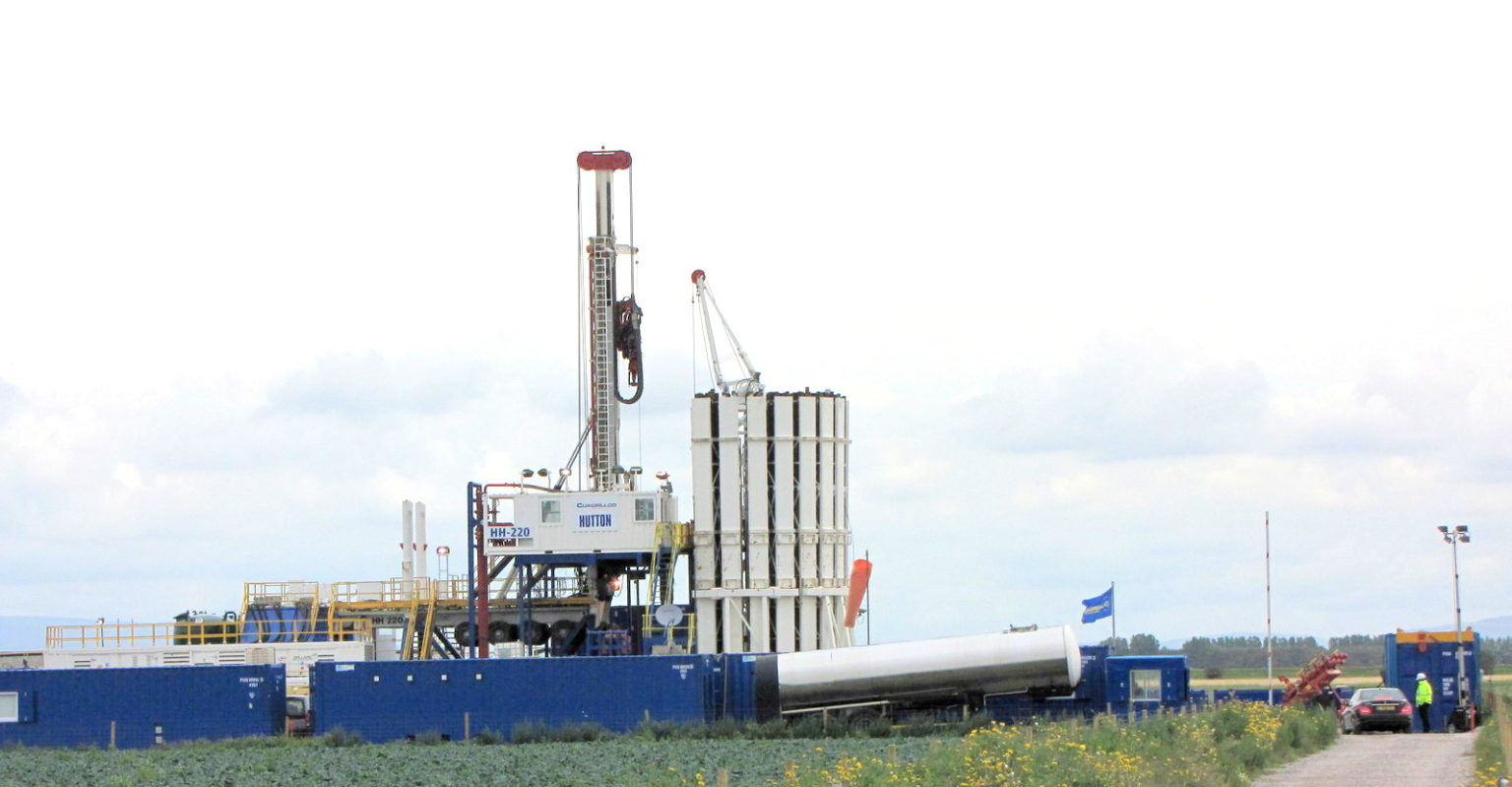Originally published on Drill or Drop, by Ruth Hayhurst.
Officials in the area of Cuadrilla’s Lancashire shale gas site have been criticised for backing proposals to take fracking decisions out of local hands.
A report by Fylde Borough Council’s head of planning, to be discussed next week, said, “there is merit in considering applications for fracking as national infrastructure projects.”
The report is the draft response by the Conservative-led council to a parliamentary inquiry about planning decisions on fracking applications.
The inquiry asked for opinions on whether fracking plans should be dealt with as national infrastructure under the 2008 Planning Act.
This would mean decisions would be made not by a local council but by a government minister, after a recommendation from a planning inspector. This proposal was in the Conservative Party 2017 General Election manifesto.
Fylde Borough Councillor, Julie Brickles, said today:
“People need to understand that Fylde Borough Council are effectively washing their hands of difficult decisions and advocating the undermining of local democracy, rendering themselves obsolete.”
Liz Oades, a member of Fylde Borough Council’s planning committee who asked for the item to be considered at next week’s meeting, said she was very disappointed at the report’s recommendation.
“This government has talked about localism. It is a joke when they come up with this sort of suggestion.
“It is my duty to represent the people of my constituency. It is important that local decisions should be as local as it is possible.”
Paul Hayhurst, a member of Fylde Borough and Lancashire County Councils, also opposed the recommendation. He said, “local people should make these decisions because local people know the issues.”
The Fylde report said:
“The NSIP [Nationally Significant Infrastructure Projects] process incorporates extensive community engagement from an early stage in the application process and so does not exclude the local community or the involvement of the local authority.”
But Cllr Hayhurst said:
“When local people can make their representations directly to elected members it is a very different situation”.
He said he was confident that Fylde Borough Council would oppose the recommendation.
The Fylde report argued:
“Given the complexity of the matters that must be taken into account in the determination of a planning application for the extraction of unconventional hydrocarbons and their potential significance in maintaining the UK energy supply, there would be some merit in the consideration of such planning applications under the NSIP process.”
But the campaign group, Frack Free Lancashire, said the Government’s own analysis had not identified a national need for shale gas so fracking could not be considered a Nationally Significant Infrastructure Project.
Frack Free Lancashire quoted a government report on Gas Security and Supply, released in October 2017, which concluded that shale gas was not needed for energy security.
The group said:
“Local democratic bodies must be allowed to determine unnecessary and unwelcome applications from the oil and gas industry.
“Cuadrilla’s activities at Preston New Road have already clocked-up five breaches so far this year, resulting in warnings from the Environment Agency.
“To place decisions relating to this unwanted industry under central government control would be an abuse of our democratic process.”
The Fylde Borough Council recommendation is in contrast to a resolution passed last week by Lancashire County Council.
The county council supported a resolution to respond to the select committee inquiry with a statement that local authorities should retain the powers to approve or reject fracking planning applications.
In Lancashire, decisions on shale gas applications are currently made by the county council. Fylde Borough Council is a statutory consultee on applications in its area.
Image: K.A./Geograph.ac.uk CC BY–SA 2.0
Subscribe to our newsletter
Stay up to date with DeSmog news and alerts







